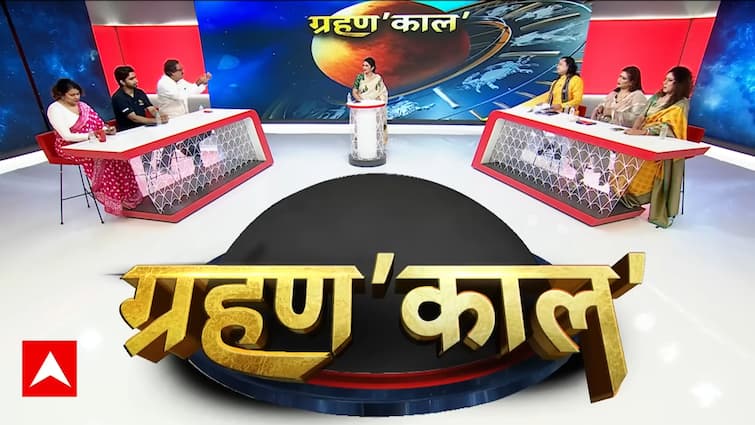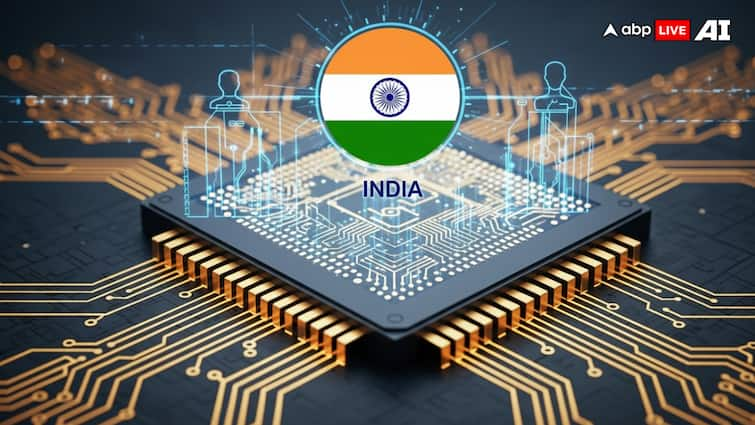A recent televised debate reignited the longstanding conflict between astrology and science in India. The discussion began with the historical anecdote that India’s independence was declared at midnight on August 15, 1947, reportedly based on astrologers’ advice to choose the auspicious Abhijeet Muhurat. This led to a broader conversation about the relevance of astrology in modern India. Astrologers argued that celestial events like lunar eclipses affect human lives and recommended chanting mantras and performing rituals for mental peace and spiritual benefit. They cited ancient scriptures such as the Atharva Veda, Matsya Purana, and Vishnu Dharmasutra to support their claims. Suggestions included chanting “Om Som Somaya Namah” and performing good deeds, especially towards women and parents, since the Moon is believed to symbolize the mind and femininity. However, rationalists countered these views, demanding scientific proof and questioning the logic behind associating planets with personal destiny. They pointed out failed astrological predictions about politics and cricket as evidence of astrology’s unreliability. The debate highlighted India’s cultural duality — a society rooted in tradition, yet striving for scientific temper. As the nation watched the “blood moon,” the question remained: should we look to the stars for answers, or seek them within ourselves?



